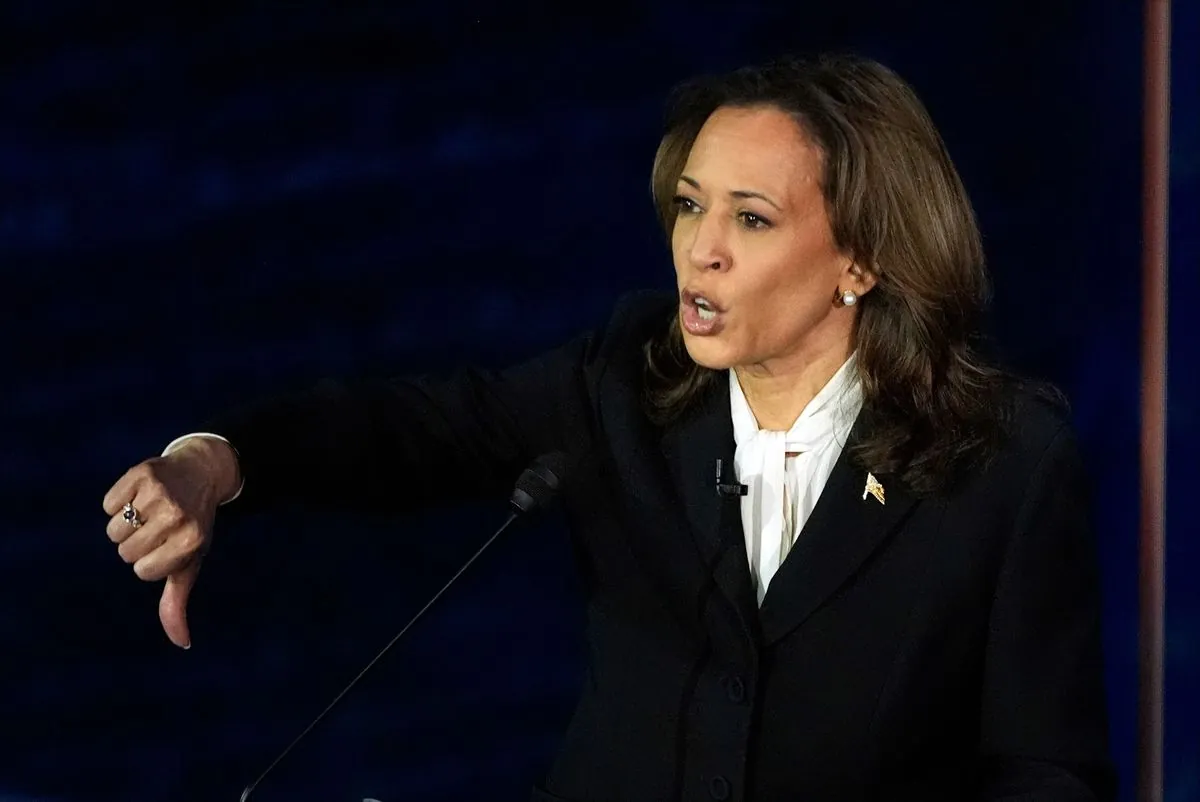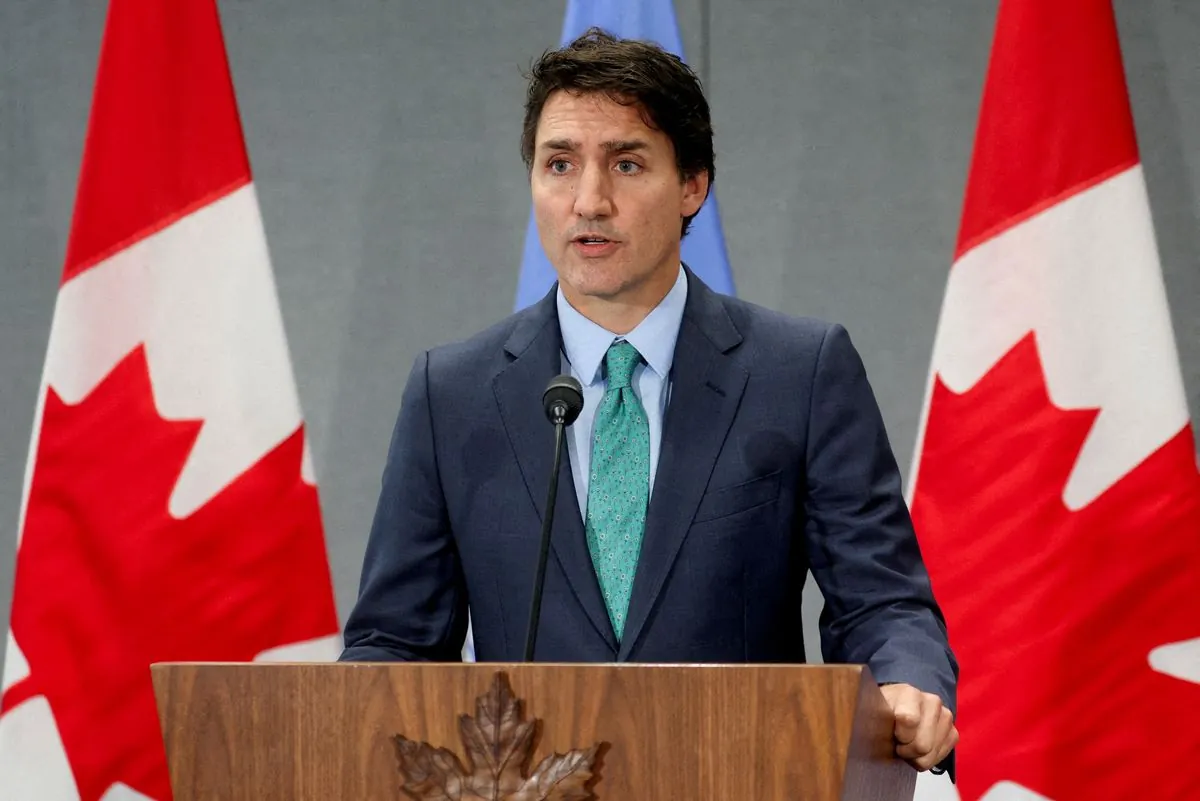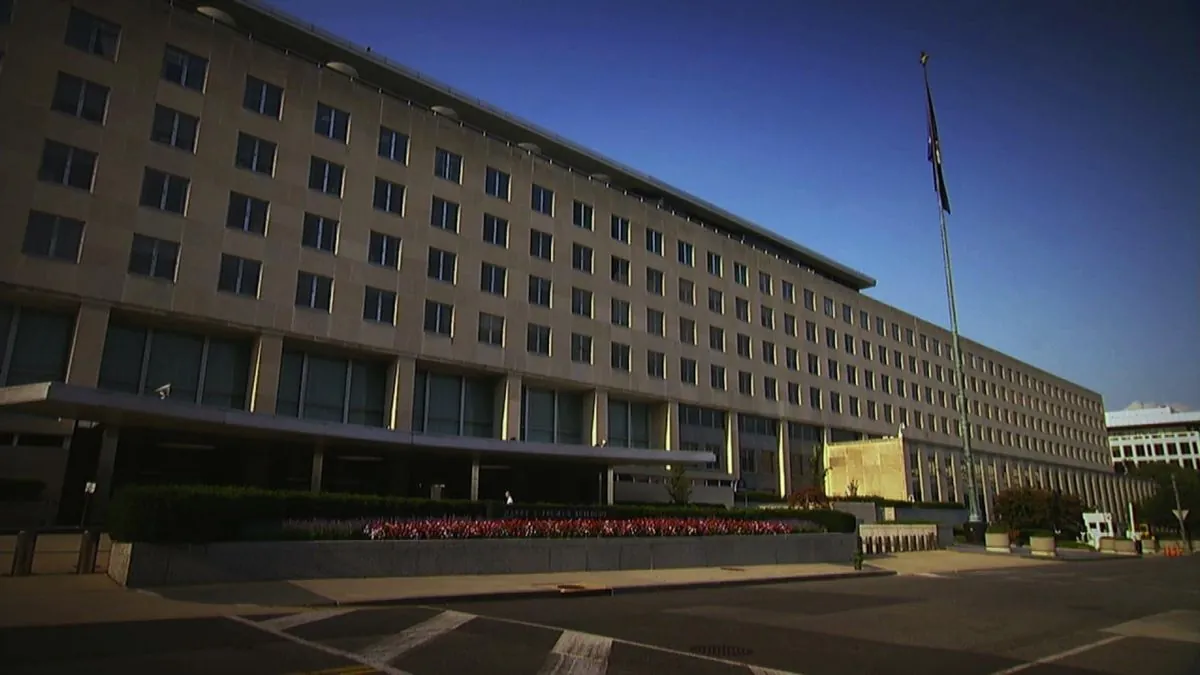Bank of Japan Raises Rates, Signals Shift in Monetary Policy
The Bank of Japan unexpectedly raised interest rates and announced plans to slow bond purchases. Governor Ueda hinted at potential further rate hikes, marking a significant shift in Japan's monetary policy.
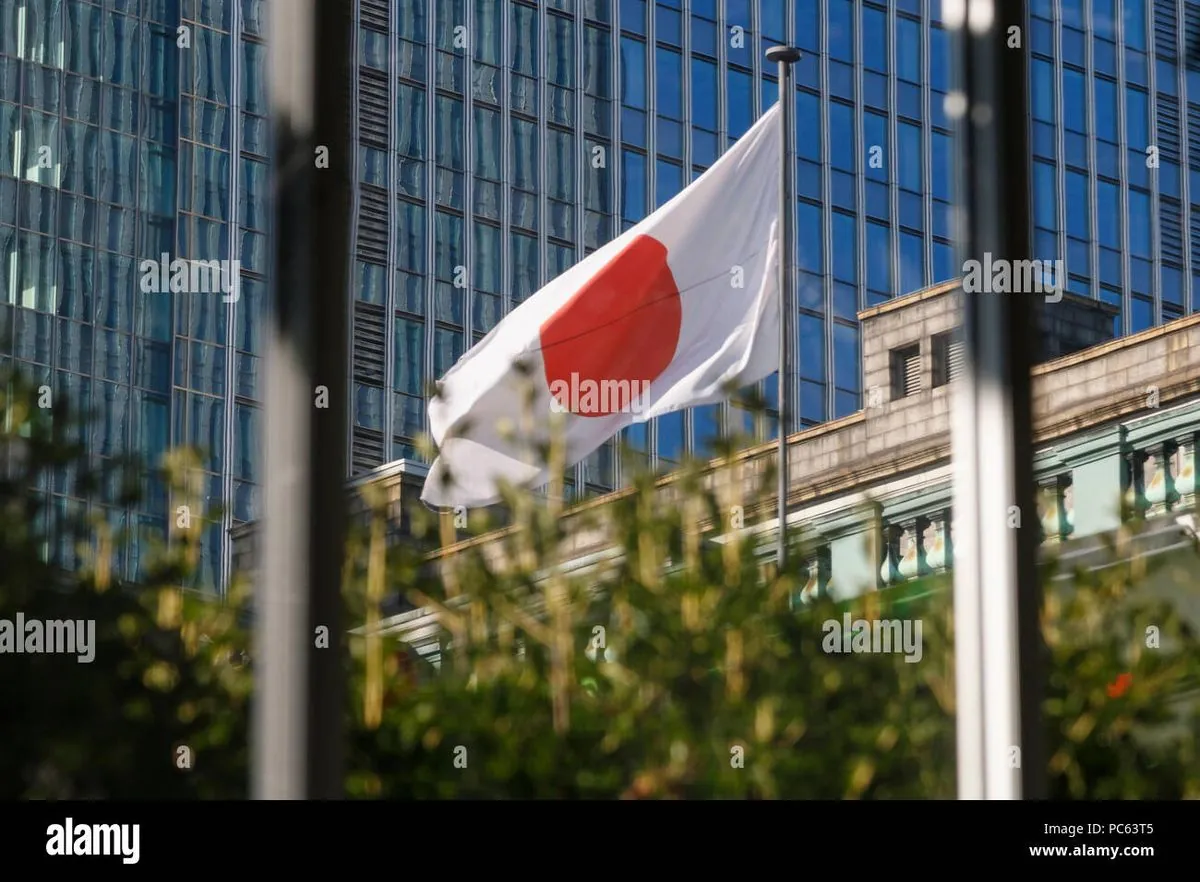
The Bank of Japan (BOJ) has taken a significant step towards normalizing its monetary policy by raising interest rates for the first time since 2008. This unexpected move, announced on July 31, 2024, marks a departure from the ultra-loose monetary policy that has characterized Japan's economic strategy for over a decade.
The central bank increased its short-term policy rate to 0.25% from the previous range of 0-0.1%. This decision, made by a 7-2 vote of the BOJ's board, caught many economists off guard, as the majority had anticipated no change in rates. The rate hike is accompanied by a plan to gradually reduce the bank's bond-buying program, with the aim of halving monthly purchases to 3 trillion yen by the first quarter of 2026.
BOJ Governor Kazuo Ueda provided insights into the bank's decision-making process and future outlook. He emphasized that the rate increase was prompted by broadening wage hikes and rising services prices, indicating a potential shift in Japan's long-standing struggle with deflation. Ueda did not rule out the possibility of further rate hikes this year, stating that the bank would continue to raise rates if economic conditions remain on track.
"If data shows economic conditions are on track, and if such data accumulates, we would of course take the next step."
The BOJ's move contrasts sharply with the monetary policies of other major economies. While the U.S. Federal Reserve is expected to signal potential rate cuts, Japan is embarking on what appears to be the beginning of a rate hike cycle. This divergence has led to a significant market reaction, with the yen strengthening against the dollar, reaching levels not seen since March 2024.
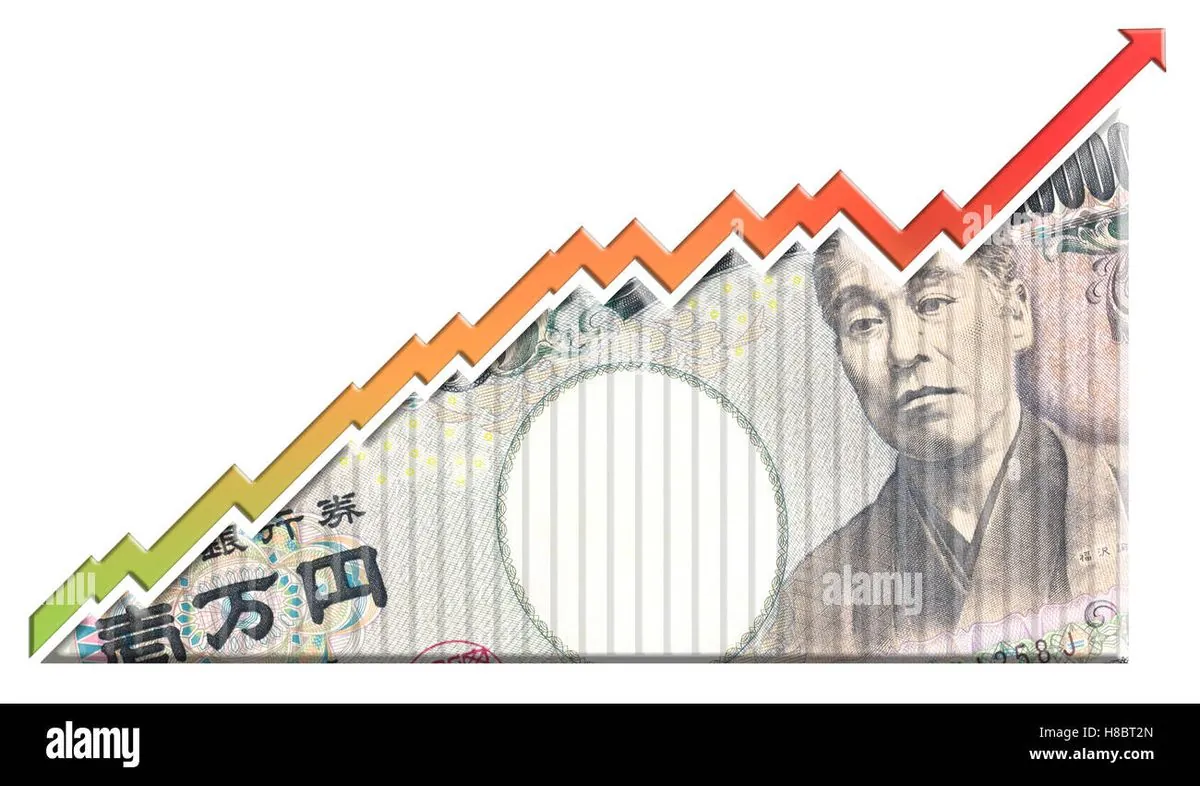
The central bank's decision is rooted in its assessment of the Japanese economy. The BOJ maintains its projection that inflation will hover around 2% through fiscal 2026, aligning with its long-standing target. However, the bank has warned of upside risks to inflation for fiscal 2024 and 2025, suggesting a cautious approach to future policy decisions.
Japan's shift towards tighter monetary policy comes after years of unprecedented stimulus measures. The BOJ, established in 1882, has been at the forefront of innovative monetary policies, including being the first central bank to implement a zero interest rate policy in 1999 and introducing negative interest rates in 2016. These measures were part of Japan's efforts to combat deflation and stimulate economic growth following the bursting of its asset price bubble in the early 1990s, which led to the infamous "Lost Decade."
As Japan navigates this new phase of monetary policy, the global financial community will be closely watching the impacts on the world's third-largest economy and the international currency markets. The BOJ's actions may signal the beginning of the end for the era of ultra-low interest rates in Japan, a significant development for a country that has long been synonymous with economic stagnation and deflation.

